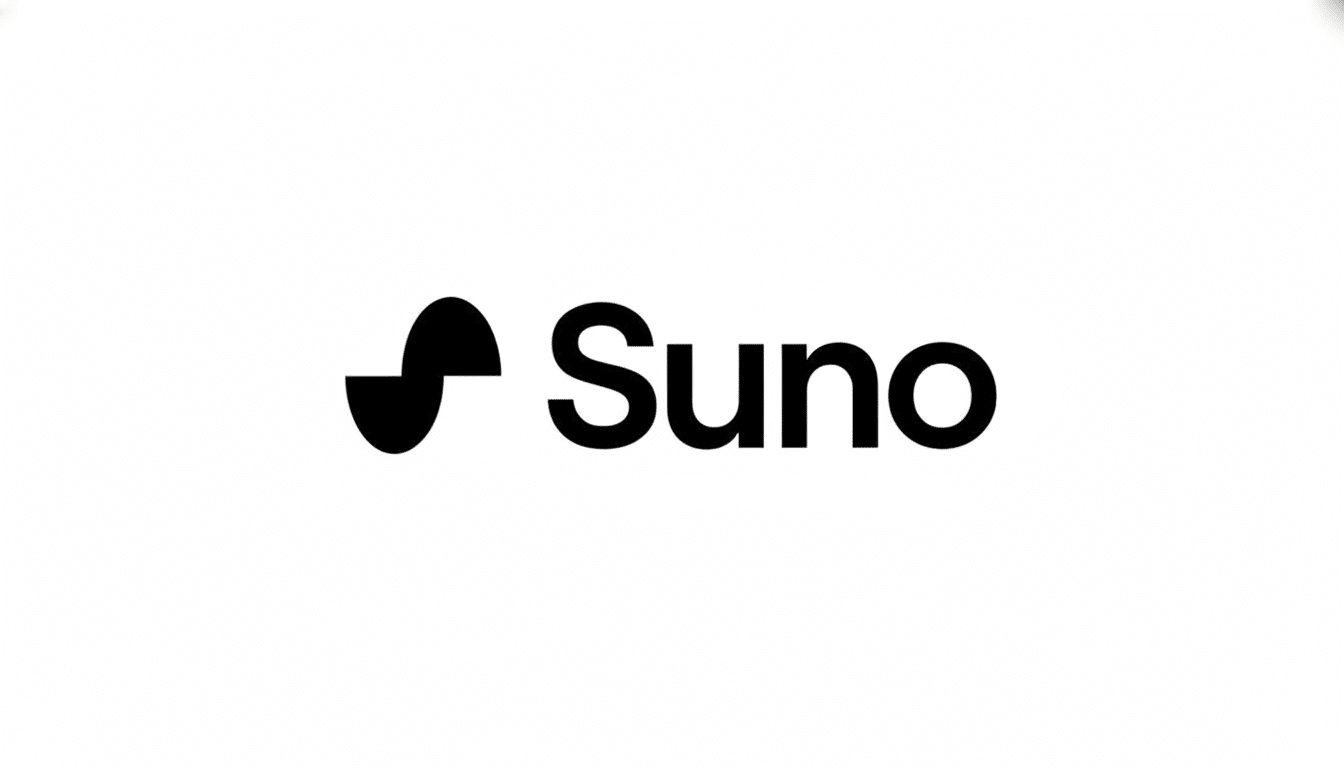Warner Music Group, the major label whose copyright lawsuit against Suno had called into question the future of AI music, has reached a licensing settlement with the AI music startup and dropped its suit in what offers a hopeful note on which to begin next year in understanding how major labels are likely going to embrace generative music, not battle it from the sidelines.
What the Suno-Warner licensing deal covers in detail
As part of the agreement, Suno, in the next year, will continue phasing out its last-gen systems to supplant them with newer fully licensed models. Access policies are shifting as well: for example, downloading audio will now require a paid account and free users will only be able to play and share tracks they made on the platform. That transition funnels use into monetized tiers and grants rights holders more stable economics.

Importantly, Warner’s artists and songwriters will maintain authority over how their names, images, likenesses, voices and compositions can be used in AI-created music. In practical terms, that suggests consent and opt-out controls for a piece of synthetic voice or style usage — something many creators have been clamoring for as high-profile uses of deepfake vocals have spread.
Warner’s chief executive has called the deal a landmark that broadens revenue opportunities and fan experiences while protecting creators. The focus on licensed models, paid downloads and explicit artist controls could also be construed as a template that the industry can apply to other AI providers in the future.
Songkick changes hands as part of the broader Suno deal
As part of the larger deal, Warner has sold Songkick — a live music and concert-discovery platform acquired in 2017 — to Suno for an undisclosed amount. Live Nation had previously acquired Songkick’s ticketing business, while Warner retained the app and brand. Songkick will remain a destination for fans under Suno ownership, he says.
The strategic logic is clear: Combine a discovery service with a creation engine, and you might shorten the distance between idea and audience. For Suno, Songkick gives them another consumer-facing surface, one where people are already looking to find concerts now also under official music direction. It’s not hard to imagine artist previews (Songkick is working on artist and title curation), AI-generated teasers or behind-the-scenes content that leads fans back towards live shows and releases.
Industry context and stakes for AI music after the deal
Warner’s deal with Suno comes after the company brokered a comparable resolution and licensing agreement with Udio, another notable AI music startup. The major labels — Warner, Universal Music Group and Sony Music Entertainment — filed suits last year over the unlicensed use of copyrighted recordings to train generative systems. Though Warner has now signed agreements with both Suno and Udio, the rumor mill also suggests Universal and Sony are on the brink of licensing services that would halt their own legal wrangles.

The method represents a departure from pure enforcement to organized participation. Instead of preventing the creation of AI, labels are now trying to draw the lines: licensed training, transparent usage, artist consent for voice and likeness, as well as clear economic terms. The Recording Industry Association of America has long advocated for these protections, while policy ideas like proposed voice and likeness rights at the federal level are inching toward them, as legal standards around fair use and training data continue to develop.
Investor appetite remains strong. Suno recently disclosed a $250 million Series C at a $2.45 billion post-money valuation, led by Menlo Ventures and joined by NVentures, Hallwood Media, Lightspeed and Matrix. That capital provides Suno with the runway to reconstruct its models using licensed inputs, audit provenance and negotiate a thicker compliance checklist including watermarking, audit logs and crediting metadata.
What it means for artists and fans under the Suno-Warner pact
For artists, the perks are consent and pay. The deal implies creators will be able to approve or deny synthetic voice and style emulation, and to get paid when their work or identity is used for AI-generated content. That jibes with similar demands from large artist coalitions and songwriter groups for such reporting to be transparent, and for opt-in mechanisms.
For fans, cleaner lines between “official” and “unauthorized” AI music are to come. Licensed models and paid downloads generate less legal confusion and Songkick integration could get AI-assisted content closer to the live ecosystem where fandom transmutes into tickets and merch. If Suno and Warner hit the incentives right, listeners might be able to view even more creative experiments — remixes, stems, interactive experiences — without reducing the value of the original recordings.
The open questions are predominantly operational: how revenue will flow to labels, publishers and performers; whether training datasets will be disclosed meaningfully; and how platforms could ever confirm at scale consent for voice models. But the arc is clear. With Warner’s deal, AI music is going from litigation to licensing — still contentious, but with a playbook that others can hope to adapt.

